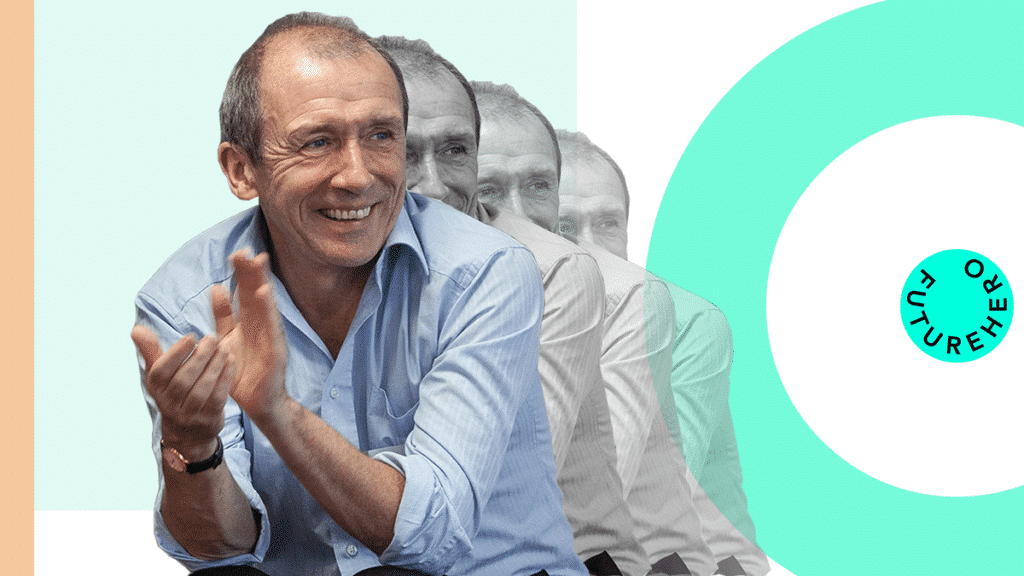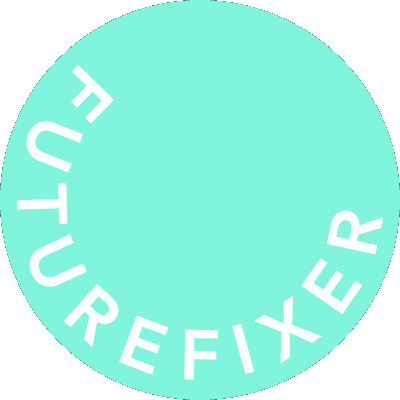 David Price wants us to be curious in today’s digitally connected world: to learn from hactivists, bloggers, citizen journalists, scientists, advocacy groups and the maverick leaders leading a quiet but unstoppable revolution. We can solve wicked problems if schools do things differently.
David Price wants us to be curious in today’s digitally connected world: to learn from hactivists, bloggers, citizen journalists, scientists, advocacy groups and the maverick leaders leading a quiet but unstoppable revolution. We can solve wicked problems if schools do things differently.
“Teenagers know more about climate change than politicians. They’re creating coronavirus apps in a fraction of the time it takes governments to do it.
The global thought leader has worked for decades with governments, educational organisations and businesses, advising them on how to engage students and staff to be part of our citizen-led, social-mission driven futures. His passion for helping young people fulfil their true potential – most notably by tackling the global epidemic of disengagement – has spurred his books.
David’s latest book, The Power of Us: How we connect, act and innovate together, is a journey inside the organisations creating change to tackle some of the world’s most complex challenges. At its heart is a study of collaboration and diverse thinking.

David Price on the next generation and education’s place in our post-Covid future
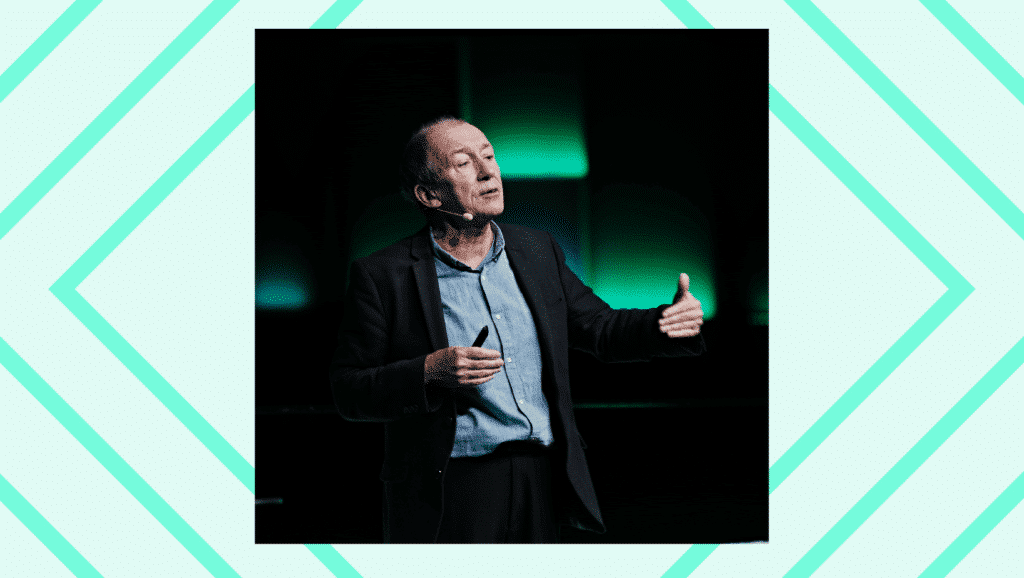
The David Price is right
Young people are doing incredible things and the pandemic has allowed that to shine. That’s one of the reasons why I feel optimistic about how we’re going to put the world back together again after Covid. We have to see education as integral to the way in which we’re going to put the world back together after this pandemic.
The two largest public demonstrations in the history of our species were organised by school kids – so moving forward, it would be crazy not to involve them in rethinking what learning should be about.
Avi Schiffman, a 17 year old living on the west coast of the United States, produced the Covid tracking website, which is now the authoritative source that Anthony Fauci and the CDC use. He did it in three days. In the UK, we still can’t put together a Covid tracking system having spent millions on it.
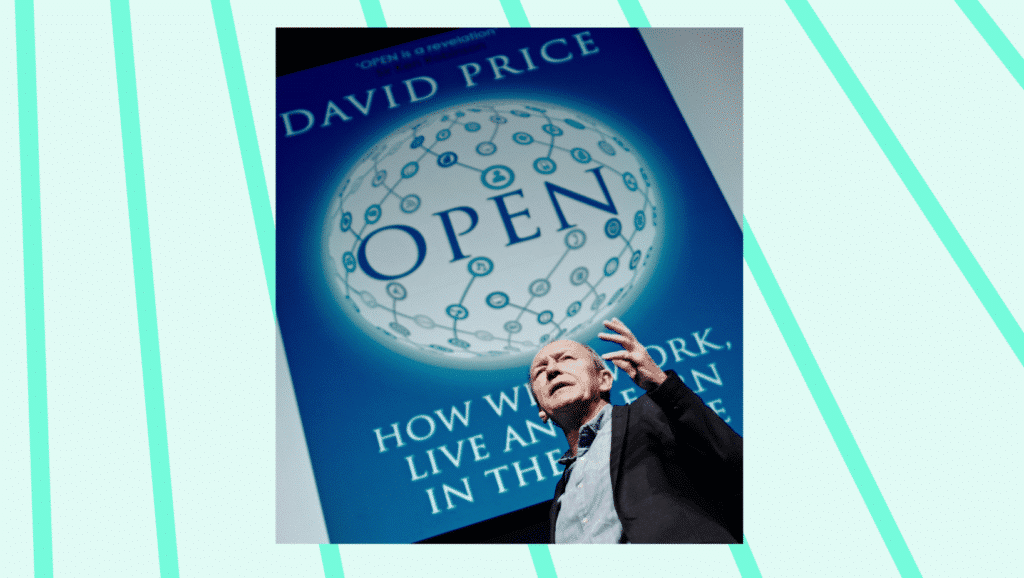
Open: How We’ll Work, Live and Learn In The Future (2013)
When we look at the future of education, we should look at an ecosystem with a whole range of partners involved: the local community, the parents and, of course, the students. The students are the users of the service and generally they never get consulted, which needs to change.
The standardised scores system has been increasingly creaking around the edges. Some people have got to fail in order for others to pass. By the time they complete school, students in the States have a single number between zero and four, in England they have A- levels or GCSEs, in Australia the ATR, but they’re all basically the same. We’re living in a non standard world, so why would we try to standardise assessment?
Exams are a very poor proxy for determining success later in life. Things like a level of student engagement are a much better proxy, but so is reading for pleasure. And it seems to me in England, we’ve done a pretty good job over the last 20 years of driving the pleasure out of reading.
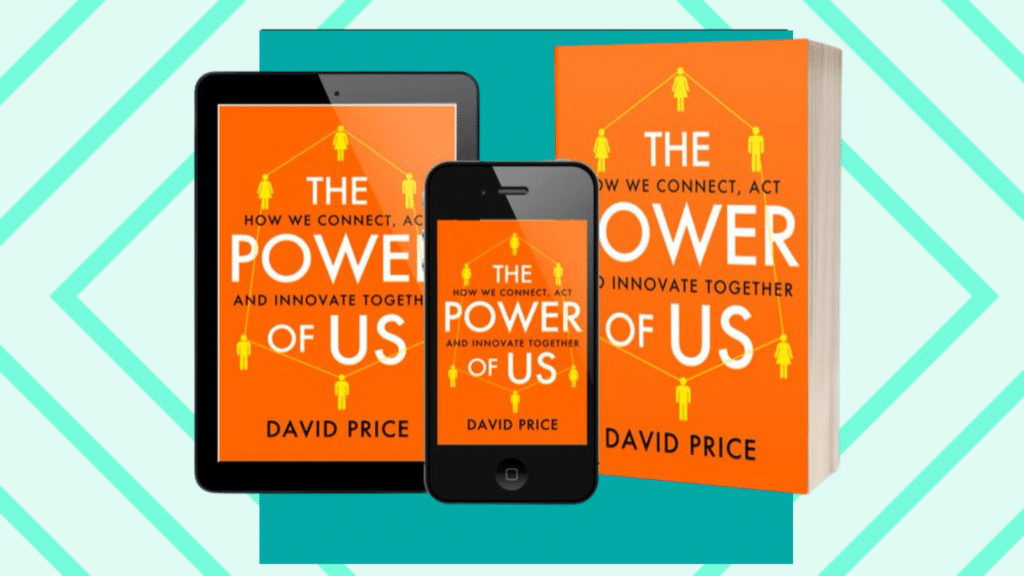
Go behind the scenes of the world’s most innovative organisations – from BrewDog to Patagonia
Young people want to be social activists, working with communities or on specific issues – such as international development, equity or gun control. They are pushing for change in specific areas and a lot of them feel like adults have let them down.
Schools generally bring in people from outside but it’s not a reciprocal agreement – why not? There’s a primary school I work with in Sydney, Australia that works a lot with the local community. When I asked them how they got started, the principal just told me that they simply asked the community what they wanted from the school.
We need a new curriculum of agency. We’ve essentially got the same school curriculum that the Committee of Ten in the US developed in the 1890s, with a few marginal changes. We need to invest our young people with the sense that they can fix some of the problems that are coming up.
It feels counterintuitive, but schools and colleges are not always great at an internal learning culture. When I started looking beyond education, in many cases, I found a better learning culture. There’s a lot that we can learn from innovation in other places.
We’ve done a very good job of saying to young people that school isn’t really like the real world. We put big fences outside the school and we close off the world. The great North American educator, Seymour Sarason, said, the best way to prepare young people for the world beyond school is to put them in the world beyond school as often as possible.
We are leaving young people with the stiffest of tasks, in the harshest of circumstances and with the least available support. If our young people are not being prepared, as they go through their school career, to be the problem-solvers and changemakers of the future, then we’re doing them a disservice.
I have never been more hopeful for the future. Why? Because I have spent much of the past ten years in the company of this generation – and I never fail to be impressed and moved by the way they think, feel and act. It’s the responsibility of any society to provide mentors and role models for them, and to give them the chance to develop the skills and experiences they’ll need to remake the world beyond Covid..
If I could have any FuturePower, it would be compassion. It’s at the heart of everything that repairs what has gone wrong.
Travel with David Price ► The FutureHero takes us on a journey through five schools doing things differently from Cambodia to Catalonia in his AtlasChart Top 5.
AtlasEvent: David will be talking at ‘Fixing the Future: Education edition’ on 10 December 2020. Join us for the special, free online edition from 29 October-10 December. Find out more and register for tickets.
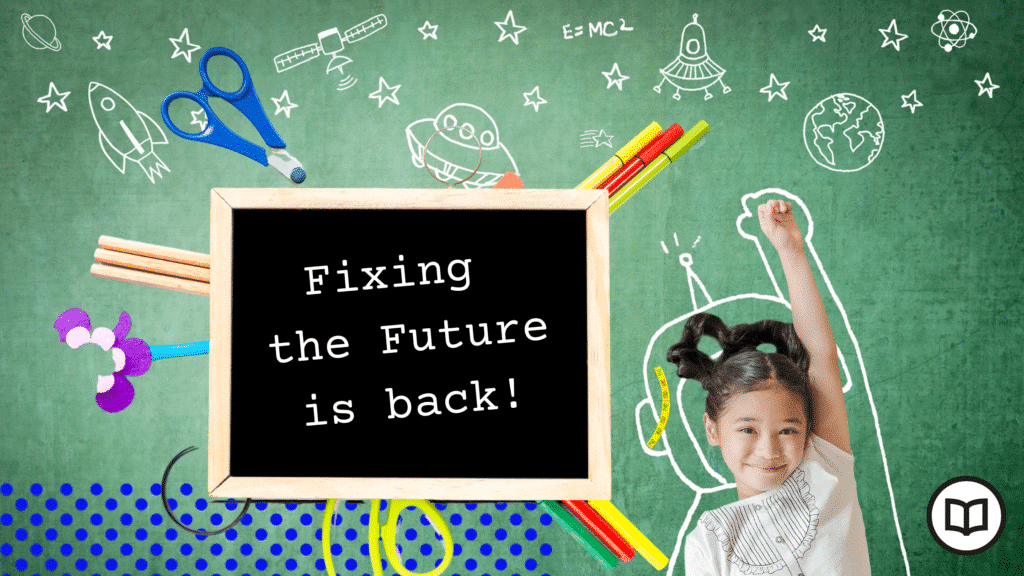
You too can fix the future.
► Sign up to AtlasNews for more FutureHero interviews
Atlas of the Future presents David Price LIVE – in English & Catalan – on 10 December, as part of Fixing the future: Education edition. Join us for a special, free online talk and Q&A and grab this unique opportunity to ask questions. ► Register for tickets here and watch live here.
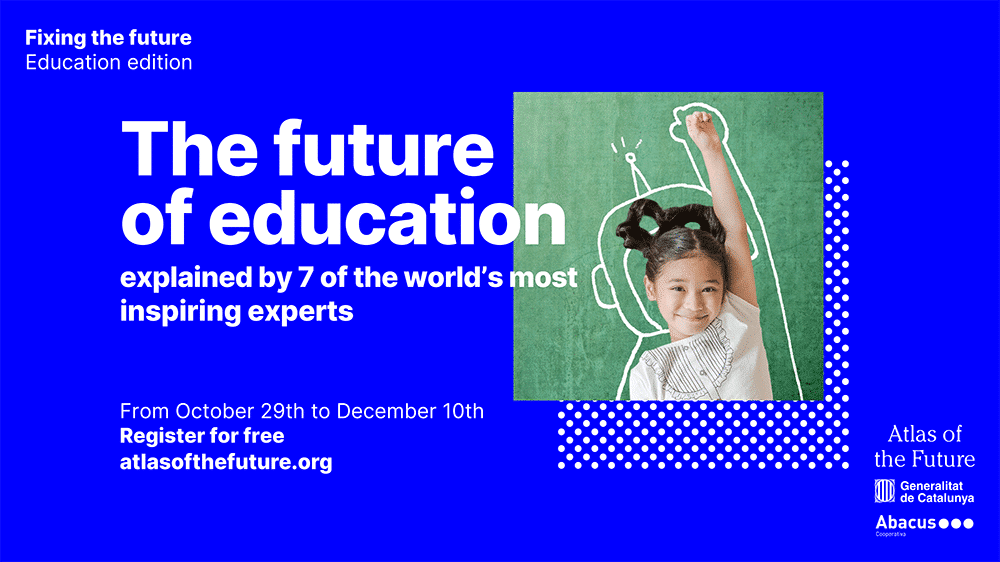
You too can fix the future
